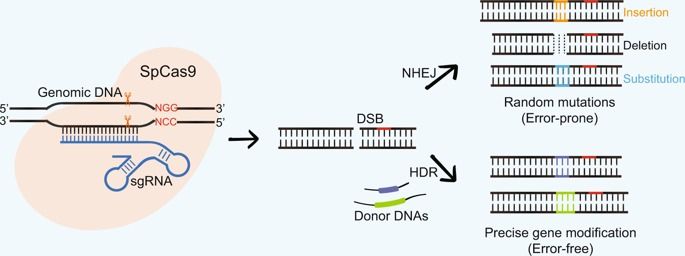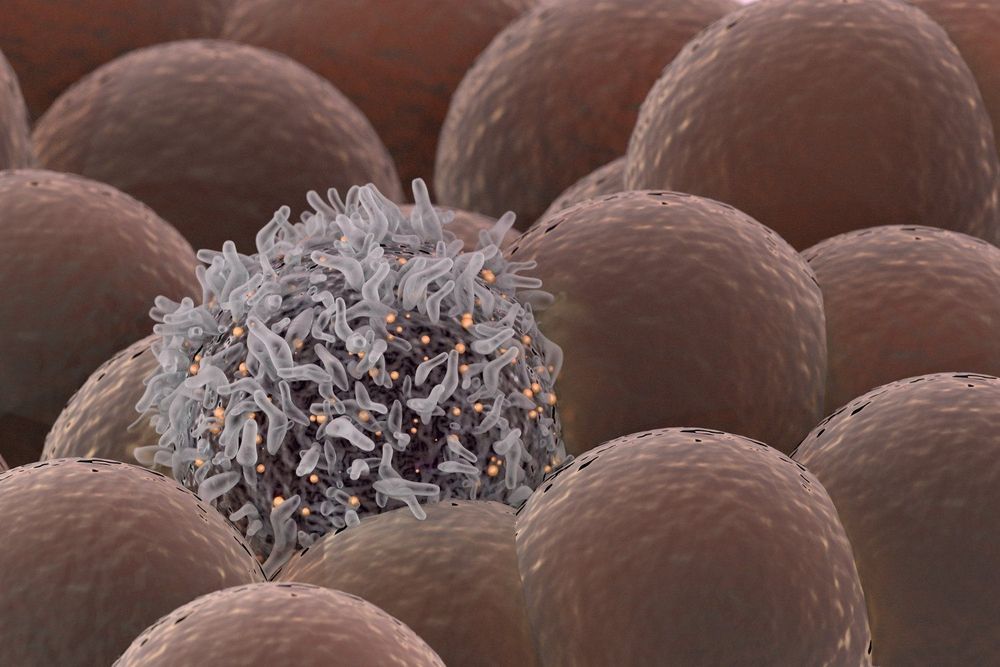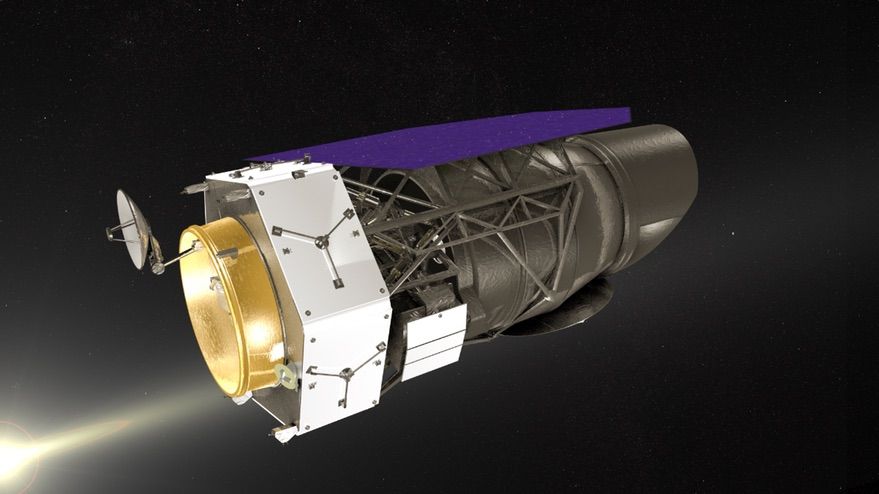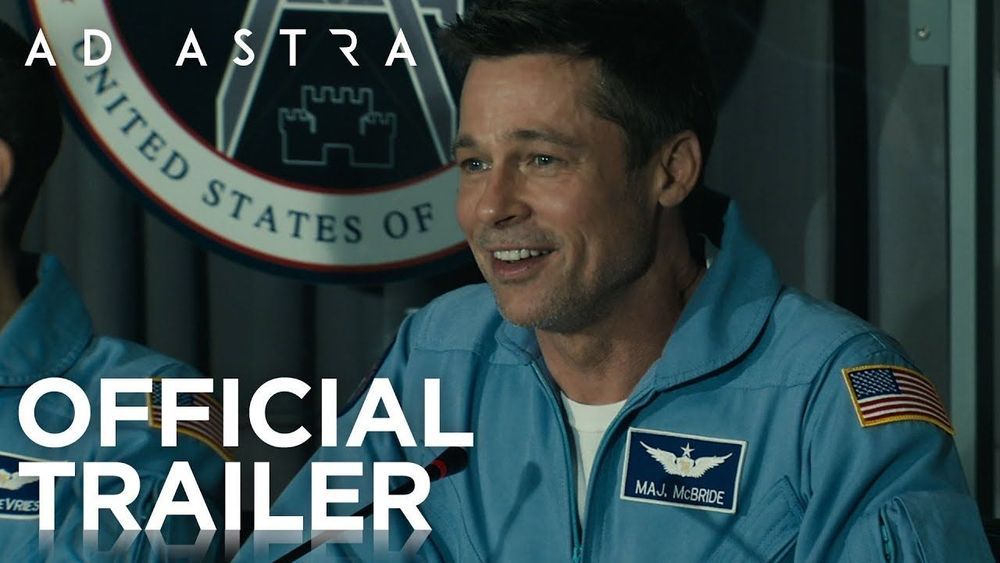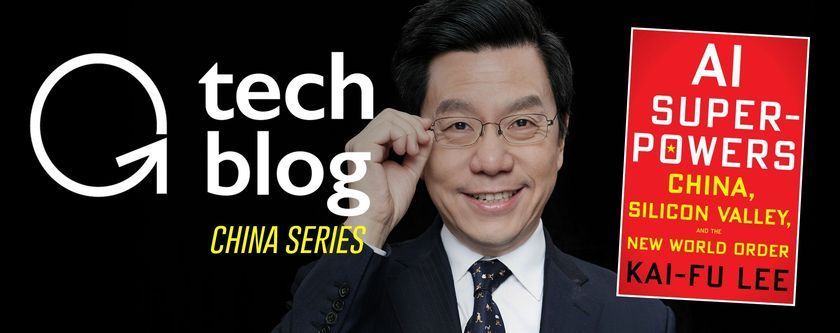Fruits are major sources of essential nutrients and serve as staple foods in some areas of the world. The increasing human population and changes in climate experienced worldwide make it urgent to the production of fruit crops with high yield and enhanced adaptation to the environment, for which conventional breeding is unlikely to meet the demand. Fortunately, clustered regularly interspaced short palindromic repeat (CRISPR) technology paves the way toward a new horizon for fruit crop improvement and consequently revolutionizes plant breeding. In this review, the mechanism and optimization of the CRISPR system and its application to fruit crops, including resistance to biotic and abiotic stresses, fruit quality improvement, and domestication are highlighted. Controversies and future perspectives are discussed as well.
Cancer cells can spread to other parts of the body through the blood. And now, researchers have developed a new kind of laser that can find and zap those tumor cells from the outside of the skin.
Though it may still be a ways away from becoming a commercial diagnostic tool, the laser is up to 1,000 times more sensitive than current methods used to detect tumor cells in blood, the researchers reported June 12 in the journal Science Translational Medicine.
To test for cancer spread, doctors typically take blood samples, but often the tests fail to find tumor cells even if they are present in a single sample, especially if the patient has an early form of cancer, said senior author Vladimir Zharov, director of the nanomedicine center at the University of Arkansas for Medical Sciences.
ST. LOUIS — As astrophysicists prepare to begin their next decadal survey, other scientists and members of Congress endorsed the overall process even as they suggested some changes.
At a town hall meeting during the 234th meeting of the American Astronomical Society here June 11, leaders of the latest astrophysics decadal survey, dubbed Astro2020, said they’re ready to begin work identifying scientific priorities in the field for the coming decade and what spacecraft and ground-based observatories are best suited for them.
Robert Kennicutt, an astronomer at the University of Arizona and Texas A&M University who serves as co-chair of Astro2020, said the National Academies, which oversees the decadal survey, received more than 450 nominations to serve on the steering committee Astro2020 decadal survey. Ultimately the National Academies selected 20 people, counting Kennicutt and fellow co-chair Fiona Harrison of Caltech, to serve on the committee.
AI Superpowers
Posted in humor, robotics/AI
Turns out that last one was a CGI joke but this one isn’t. Facebook wouldn’t let me delete the post.
Recently, I picked up Kai-Fu Lee’s newest book, AI Superpowers.
Kai-Fu Lee is one of the most plugged-in AI investors on the planet, heading management of over $2 billion AUM between six funds, and over 300 portfolio companies in the U.S. and China.
Drawing from his pioneering work in AI, executive leadership at Microsoft, Apple and Google (where he served as founding president of Google China), and his founding of VC fund Sinovation Ventures, Lee shares invaluable insights about:
